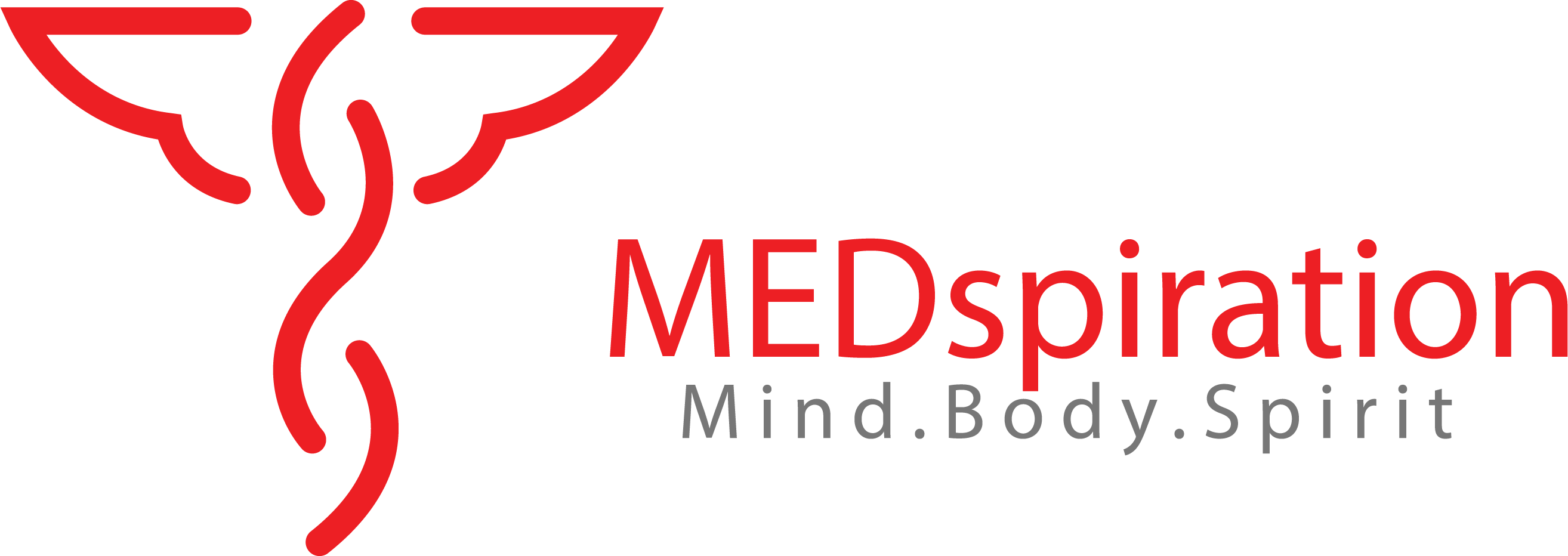Since the human heart is literally and metaphorically speaking, the focal point of our being, the concept of “eating your heart out” can be intimately connected with our emotional health and heart health. “Eating your heart out” refers to the excessive pre-occupation with emotions that produces a longing for something unattainable. Unaddressed feelings of shame, jealousy, resentment, anger, sorrow, and despair – amongst others – in human beings can create  an environment of emotional suffocation, causing these emotions to completely consume us and thus literally “eat our heart out.” These emotions all have a common thread that connects them – each of them induces a stress response in our bodies. When stress hormones surge through our veins, our blood pressure rises, our heart rate increases, and our coherence with the outside world is affected. Learning to be honest with ourselves and recognizing these feelings as necessary parts of the human experience as opposed to something “negative” can work as a positive tool for our emotional selfcare.
an environment of emotional suffocation, causing these emotions to completely consume us and thus literally “eat our heart out.” These emotions all have a common thread that connects them – each of them induces a stress response in our bodies. When stress hormones surge through our veins, our blood pressure rises, our heart rate increases, and our coherence with the outside world is affected. Learning to be honest with ourselves and recognizing these feelings as necessary parts of the human experience as opposed to something “negative” can work as a positive tool for our emotional selfcare.
This concept of ‘eating your heart out’ is also a normal physiologic process in our body. Our body deals with the destruction of cells inside us through a process called ‘autophagy.’ It maintains homeostasis or normal functioning by eating proteins and causing the turnover of destroyed cell organelles for new cell formation. Upregulation of autophagy has been noted in response to stress such as nutrient deprivation, hypoxia, and pressure overload, and has been proven to protect our heart’s cardiac cells against death as well as be the cause of its death, very similar to how our emotions can work as a protective tool or be the root source of our suffering. With this in our hearts, let’s make the intention to create strengths out of the emotions that may have been once dubbed as our ‘weakness.’
 an environment of emotional suffocation, causing these emotions to completely consume us and thus literally “eat our heart out.” These emotions all have a common thread that connects them – each of them induces a stress response in our bodies. When stress hormones surge through our veins, our blood pressure rises, our heart rate increases, and our coherence with the outside world is affected. Learning to be honest with ourselves and recognizing these feelings as necessary parts of the human experience as opposed to something “negative” can work as a positive tool for our emotional selfcare.
an environment of emotional suffocation, causing these emotions to completely consume us and thus literally “eat our heart out.” These emotions all have a common thread that connects them – each of them induces a stress response in our bodies. When stress hormones surge through our veins, our blood pressure rises, our heart rate increases, and our coherence with the outside world is affected. Learning to be honest with ourselves and recognizing these feelings as necessary parts of the human experience as opposed to something “negative” can work as a positive tool for our emotional selfcare.This concept of ‘eating your heart out’ is also a normal physiologic process in our body. Our body deals with the destruction of cells inside us through a process called ‘autophagy.’ It maintains homeostasis or normal functioning by eating proteins and causing the turnover of destroyed cell organelles for new cell formation. Upregulation of autophagy has been noted in response to stress such as nutrient deprivation, hypoxia, and pressure overload, and has been proven to protect our heart’s cardiac cells against death as well as be the cause of its death, very similar to how our emotions can work as a protective tool or be the root source of our suffering. With this in our hearts, let’s make the intention to create strengths out of the emotions that may have been once dubbed as our ‘weakness.’
Written by: Navpreet Singh Badesha
©05/14/2018 All Rights Reserved.
Art by: @qimmyshimmy
Inspired by: my #usmlestep2 CK exam tomorrow!
This research on autophagy was published in the National Library of Medicine.






